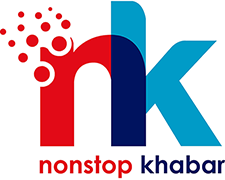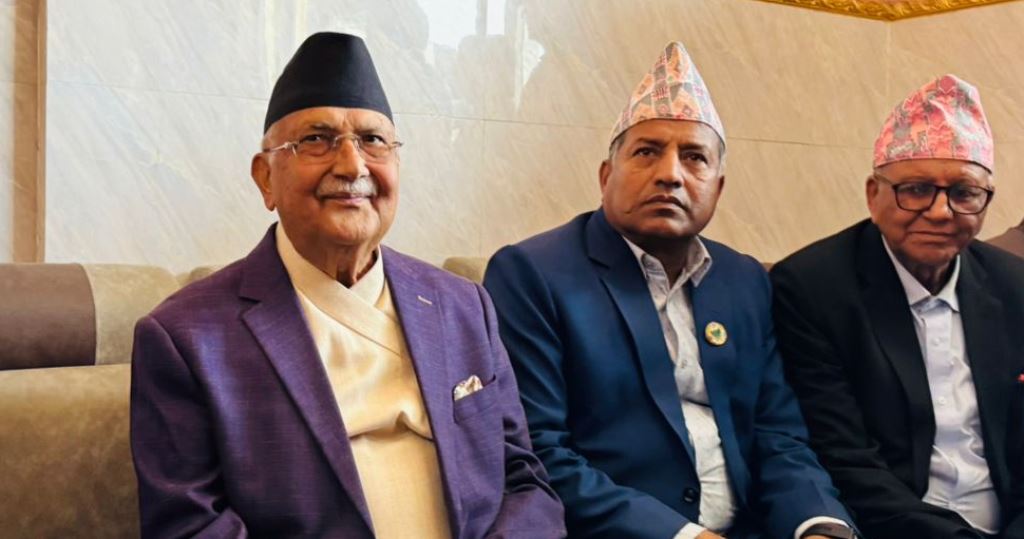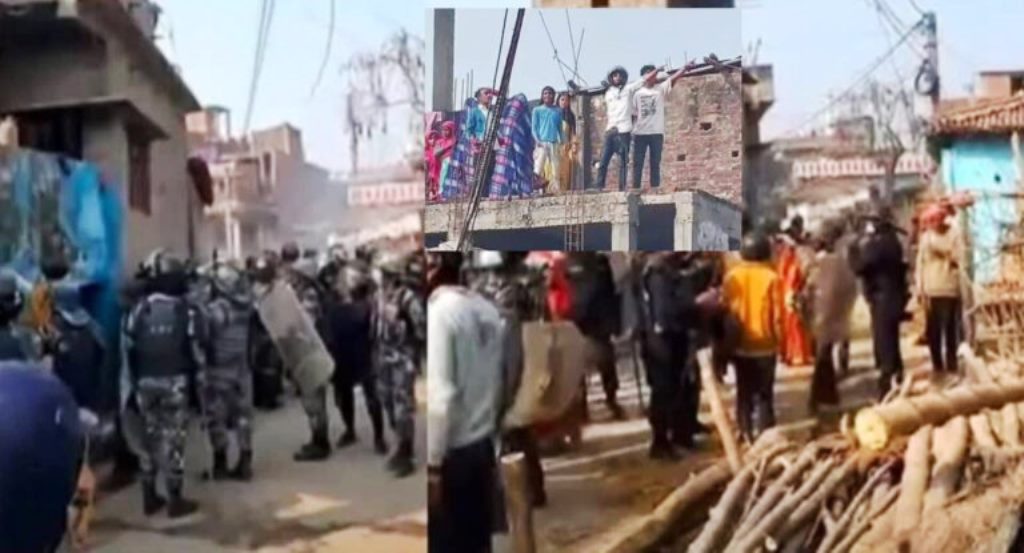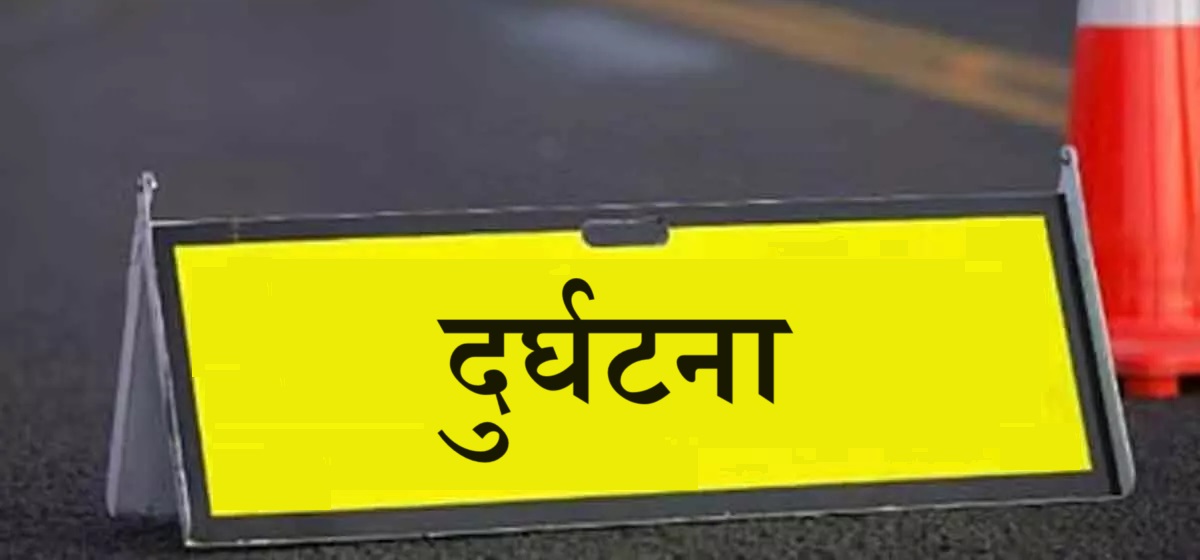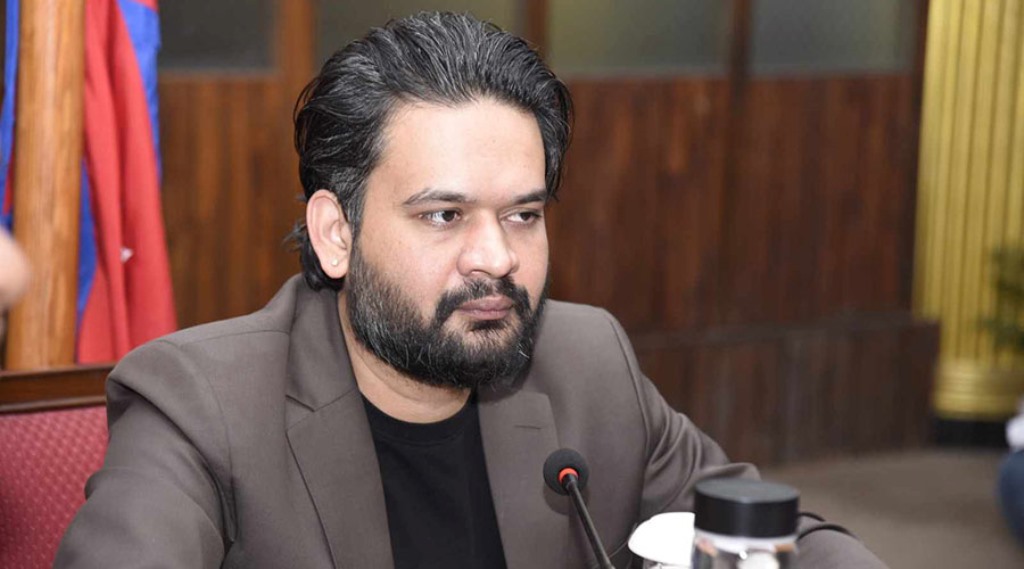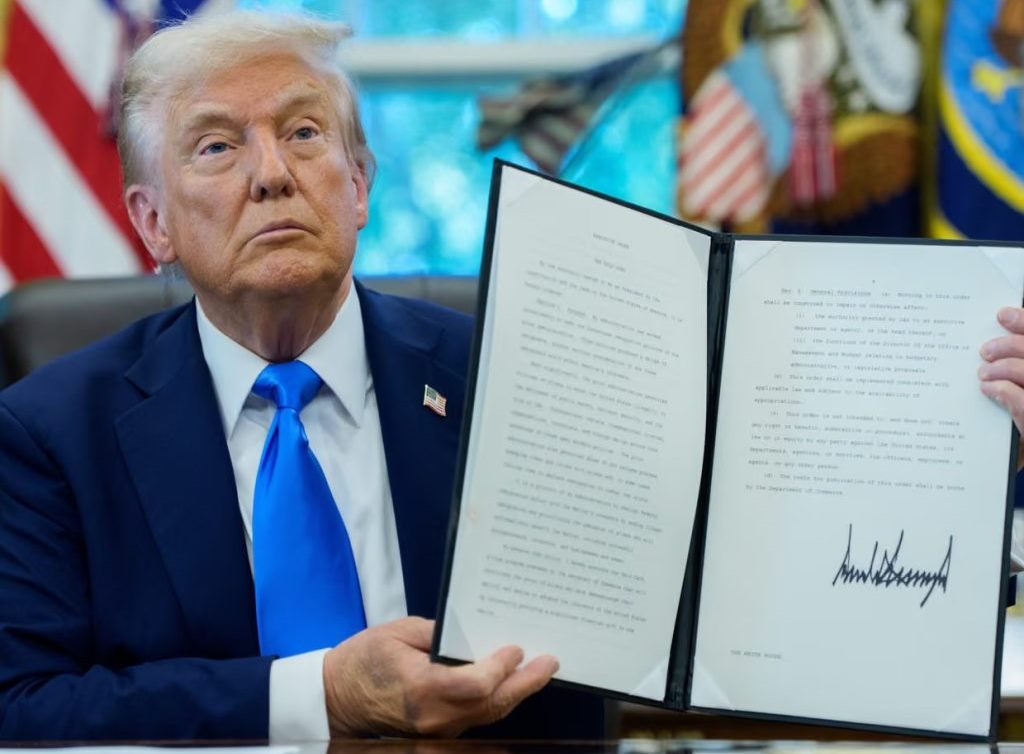The Bunjabe negotiation entails multilateral dimensions. As the Chief Medical Officer from the Ministry of Health, I had to first negotiate with the Head of the Planning of the Ministry of Health. The negotiation was not difficult since both of the negotiating parties were familiar with the situation in Bunjabe. Together with this, I was able to influence the negotiation process on the ground of my image in the Health Industry and the expertise I possessed to change the scenario with an effective intervention strategy. I found my negotiators very co-operative and I was able to put my agenda in further negotiation with the bankers, the European Bank of Development (EBD), and its Task Team Leaders (TTL).
The second round of negotiation with the EBD and TTL started with the understanding that my agendas would be highlighted during the process. In doing so I gave the mandate to the planning unit of the Ministry
of Health and the Country Director of the Bank. According to a gentleman understanding, they would convince the bank team and I was supposed to intervene into the discussion only when it was required
to clarify the agenda.
During the negotiation, I felt more comfortable with the planning unit and the country director. But the same experience was not available with the bank team. Their priorities were different than mine. They were not trained enough to understand the Health Problem in my country.
For example, they wanted to introduce foreign individuals in the Oversight Mechanism. It was not something acceptable to me. Getting foreign experts to understand my local problem was not justifiable
to me but when they insisted it as a precondition for the loan the planning unit intervened into the scene and proposed to move forward without any decision and negotiation in this clause. This clause remained unresolved till the end. But when other clauses were comfortably resolved this clause was also resolved
with a condition that this team may involve few independent external experts for its transparency and
accountability.
The organization structure was resolved according to our preference. In the same way, the district team draft budget module was agreed. Likewise, my priorities were more or less accepted during the negotiation process however the investment on health education got sufficient priority during the
negotiation process despite the fact that education doesn’t help in the time of crisis. It is a long term investment. When the country is suffering from Cholera, Communicable diseases, Maternal and Child health complications, and effective intervention policy must consist of direct action involving drug and
medical supplies, and effective delivery system, and upfront clinical facilities.
Despite the differences in our understanding to the issues we were able to negotiate. The limited time frame and urgency of doing something before its late, added by the outspread of Cholera in the country inspired the sense of moral obligations which ultimately led towards a responsible negotiation.
[ There is always a common ground in a conflict. The humanitarian ground is one of the effective grounds, for it offers life. This article we received anonymously and we considered it to be an effective point of departure in resolving conflict specifically with the warring groups in Nepal.- Editor]